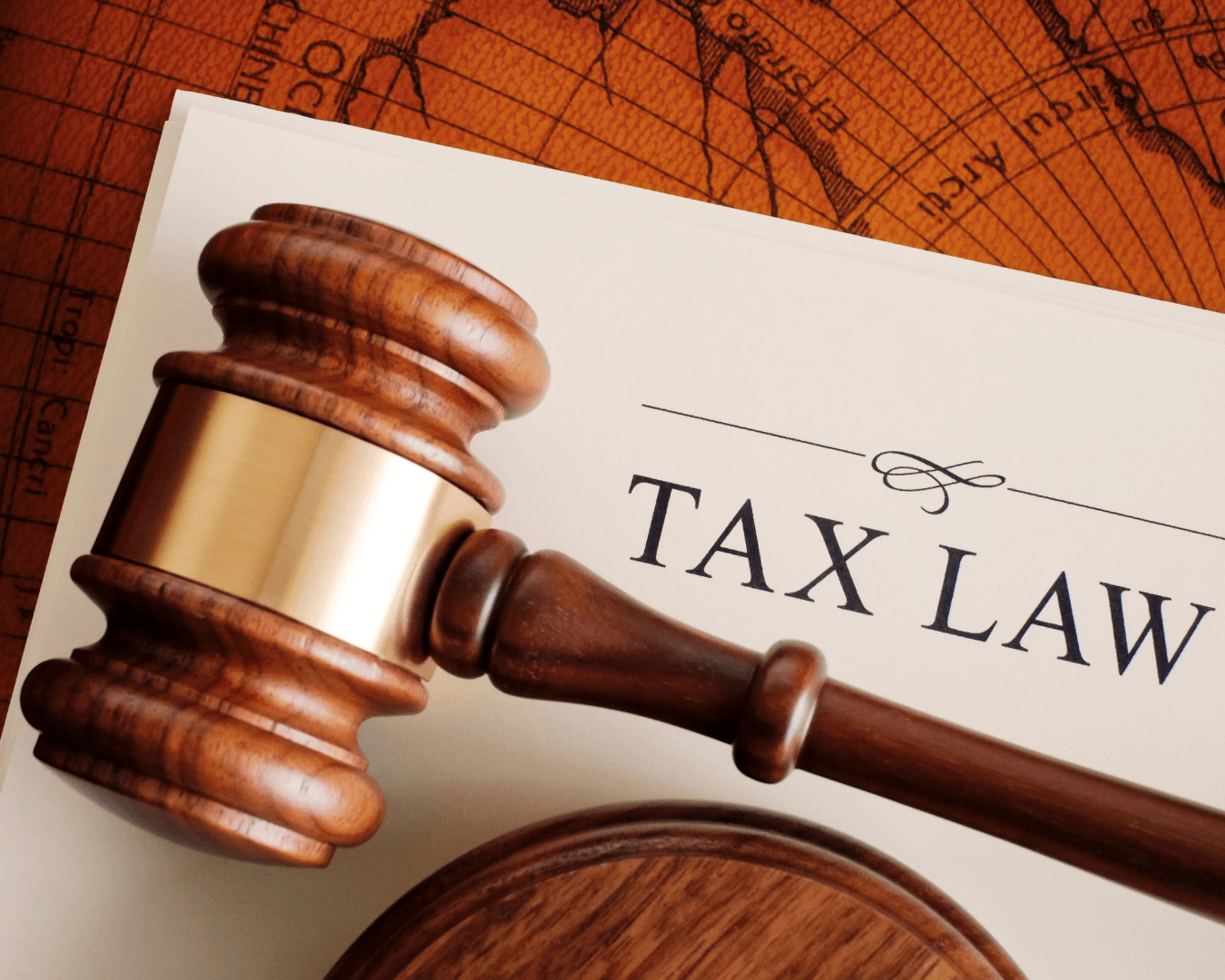The Ministry of Finance published a draft law on October 18 concerning the introduction of the Global Minimum Tax (GloBE), which includes the detailed regulations for implementing the global minimum tax in Hungary starting from January 1, 2024.
In December 2022, the European Union adopted the second pillar of the OECD international tax reform as a directive (EU 2022/2523), which contains rules for the application of a minimum tax (Global Minimum Tax, GloBE) on multinational and large domestic corporate groups. The purpose of the regulation is to impose a so-called supplementary tax in cases where the effective tax burden on a company or corporate group in a given jurisdiction is below 15%.
This provision applies to multinational and large domestic corporate groups whose revenue, based on their consolidated financial statements, has exceeded the threshold of 750 million euros at least twice in the past four years.

The supplementary tax rate is equal to the difference between the minimum effective tax burden (15%) and the calculated actual tax rate. However, to calculate the actual tax rate, it is necessary to determine which taxes qualify as Covered Taxes, meaning those direct taxes imposed on the income or profits of companies operating within Hungary. According to the draft legislation, particularly but not exclusively, corporate income tax, local business tax, income tax of energy suppliers, and innovation contribution are considered Covered Taxes in Hungary.
Due to existing (e.g., development tax incentives) and planned (R&D tax incentives) state aid within the corporate tax system, it is important to note that the draft legislation (in line with the Directive) distinguishes between recognized and unrecognized non-refundable tax incentives. Unrecognized tax incentives (such as the current form of development tax incentives) may have a negative impact on the calculated actual tax rate, thereby increasing the amount of supplementary tax payable. However, with the introduction of the new R&D tax incentives proposed by the law, a tax incentive may enter the corporate tax system that qualifies as a recognized refundable tax incentive and does not increase the amount of supplementary tax payable.
If you would like further details or have any questions, please contact colleagues of ibsh or write to info@ibsh.hu .



